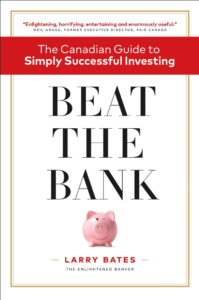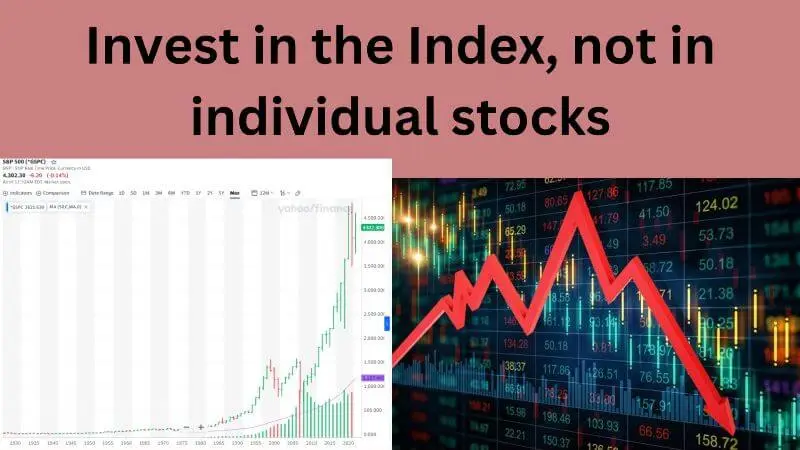By Mark Seed, myownadvisor
Special to Financial Independence Hub
“Many investors have been saying for years that rates can only go up from here, rates can only go one direction, rates will eventually go up. Will they?” – My Own Advisor, September 2021.
My, how things can and do change.
In today’s post, I look back at what I wrote in September 2021 to determine if I still feel that way for our portfolio.
Why would anyone own bonds now?
Why own bonds?
For years, decades, generations in fact, bonds have made sense for a diversified, balanced portfolio.
The main reason is this: bonds can reduce volatility due to their low or negative correlation with stocks. The more that investors learn about diversification, the more likely they are to add bonds to their portfolios.
That said, they don’t always make sense for everyone, all the time, always.
I’ll take a page from someone who was much smarter than I am on this subject:

Ben Graham, on stocks, bonds and cash. Source: The Intelligent Investor.
Another key takeaway from this specific chapter of The Intelligent Investor is the 75/25 rule. This implies more conservative investors that don’t meet Ben Graham’s criteria above could consider splitting your portfolio between 75% stocks and 25% bonds. This specific split allows an investor to capture some upside by investing in mostly stocks while also protecting your investments with bonds.
Because stocks offer more potential upside, there is higher risk. Bonds offer more stability, so they come with lower returns than stocks in the long run.
As a DIY investor, this just makes so much sense since I’ve seen this playout in my/our own portfolio when it comes to our 15+ years of DIY investment returns. Our long-term returns exceed the returns I would have had with any balanced 60/40 stock/bond portfolio over the same period.
There is absolutely nothing wrong with a 60/40 balanced portfolio held over decades, of course.
From Russell Investments earlier this year:
“Fixed income has historically been considered the ballast in a portfolio, offering stability and diversification against equity market fluctuations. Over the last 40 years, a balanced portfolio of 60% Canadian equities and 40% Canadian bonds would have returned 8.5% annualized with standard deviation of 9.3%. While a portfolio consisting solely of fixed income would have had lower return with lower risk, a portfolio consisting solely of equities would have had only slightly higher return but substantially higher risk.”
Source: https://russellinvestments.com/ca/blog/the-60-40-portfolio
| 1/1983 – 12/2022 | Canada Equities | Canada Bonds | Balanced Portfolio |
| Annualized Return | 8.8% | 7.2% | 8.5% |
| Annualized Volatility | 14.4% | 5.3% | 9.3% |
Pretty darn good from 60/40.
So, while I continue to believe the main role of bonds in your portfolio is essentially safety – not investment returns – we can see above that bonds when mixed with stocks can be enablers/stabilizers and deliver meaningful returns over long investment periods as well.
As Andrew Hallam, a Millionaire Teacher has so kindly put it over the years, including some moments on this site to me:
… when stocks fall hard, bonds act like parachutes for your portfolio. Bonds might not always rise when the equity markets drop. But broad bond market indexes don’t crash like stocks do …
Is that enough to own bonds in your portfolio?
Maybe.
Here are a few reasons to own bonds, in no particular order: Continue Reading…








